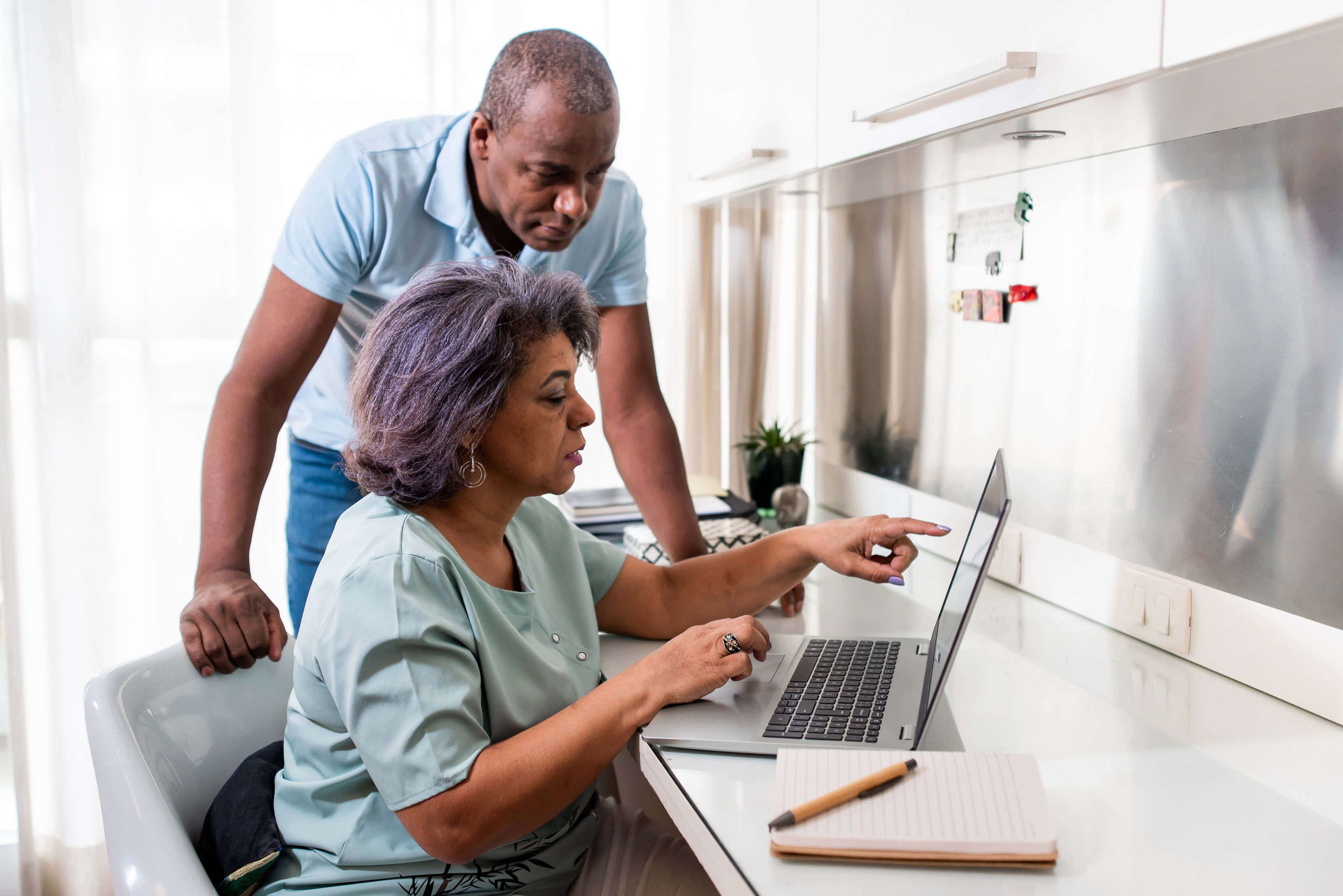Have you ever pulled out of your driveway only to see your "check engine" light start flashing? Or woken up to the sound of a water leak that's been wreaking havoc on your home for the past 30 minutes? Scenarios like these arise all the time, and they're not only inconvenient, but expensive.
In fact, there are a host of unplanned expenses that can pop up out of nowhere and cause us undue stress if we don't have the money to pay for them. And that's why every single one of us needs an emergency fund, whether it's to cover an unexpected bill or a period of joblessness. Ideally, our emergency funds should contain enough money to cover six months of living expenses, with three months of expenses being the minimum threshold to aim for.

IMAGE SOURCE: GETTY IMAGES.
Of course, once you have that safety net in place, the question becomes: When do you use it? What constitutes a true financial emergency? GOBankingRates did some digging to see why Americans wound up tapping their emergency reserves, and here's what they found:
|
Reason for Accessing Emergency Fund Cash |
Percentage of Americans Who Tapped Emergency Funds for That Reason |
|---|---|
|
Major household repairs |
26.4% |
|
Auto expenses |
26.1% |
|
Medical bills |
24.4% |
|
Job loss |
20.5% |
|
Cost-of-living increases |
16.5% |
|
Having to move |
11.3% |
DATA SOURCE: GOBANKINGRATES.
These are things that can happen to any of us. We can all do our best to maintain our homes and vehicles only to have them age or break down. We can work to keep ourselves healthy, but get hurt and wind up with an extended hospital stay and a string of bills to boot. (In fact, medical debt is actually the No. 1 source of personal bankruptcy filings in the country.) And no matter how many hours a week we work, or what we accomplish on the job, we can't discount the possibility of falling victim to layoffs at some point in time or another.
The point is that most of the above reasons are pretty valid ones for raiding an emergency fund, and they're also not that uncommon, which underscores the importance of having those cash reserves handy. So, if you're behind on emergency savings, you'd be wise to make boosting your bank account your top priority in the near term.
Building your emergency fund
It's a frightening statistic that 55% of Americans don't have enough money on hand to cover six months' worth of living costs. The problem, though, is that those same folks risk racking up costly debt the moment a catastrophic expense creeps up. If you'd rather not subject yourself to that sort of financial upheaval, you'll need to focus on building some cash reserves.
You can start by examining your budget, identifying ways to cut corners, and using the cash you free up to find your emergency savings. (And if you don't have a budget, create one immediately.) Maybe that means downsizing your living space to lower your rent, or curbing your leisure spending until you've made progress savings-wise. It doesn't really matter what expense, or expenses, you slash as long as you do something to ensure that you're able to put money away from each paycheck.
Another move you might consider is working a side hustle and using the cash you earn from it to build savings more quickly. The beauty of getting a second gig is that your earnings aren't earmarked for existing expenses. Rather, you're getting bonus cash in hand that you should have no problem sticking directly into the bank.
Finally, be smart when unexpected money lands in your lap. If you get a generous cash gift from a relative or a bonus at work, resist the urge to blow through it and instead apply it to your emergency fund. All of these steps will help you build that safety net more quickly, thereby reducing your chances of getting caught in a tough financial spot.
Remember, you don't need to establish your emergency fund overnight, or even within a couple of months. Just work on slowly but surely building your savings so that when an emergency does strike, you're better prepared for it.





